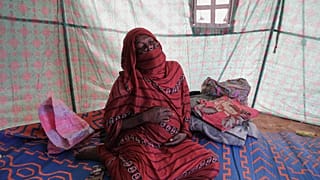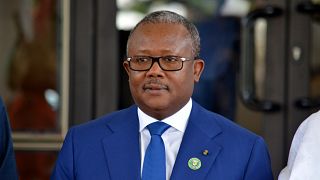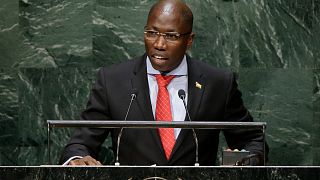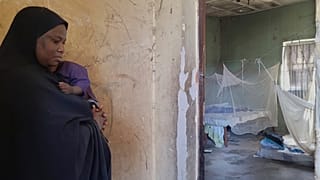Guinea-Bissau
Umaro Sissoco Embaló is pushing to make history this month by becoming Guinea-Bissau’s first sitting president in 30 years to win re-election.
But his first term has been anything but calm. Since taking office in 2020, his government has reported several attempts to overthrow him, including a dramatic 2022 attack that saw hours of gunfire near the cabinet building.
Meanwhile, the country’s cocaine trade is thriving.
A recent civil society report suggests trafficking may be more profitable than ever, adding yet another layer of instability.
Embaló, a 53-year-old former army general, has also faced constant challenges to his legitimacy, critics say he didn’t win the 2019 election fairly and accuse him of overstaying his mandate.
Even so, he heads into the November 23 presidential and legislative elections as the clear favorite, helped by the exclusion of his main rival, former prime minister Domingos Simões Pereira. But a second term won’t make governing easier.
Guinea-Bissau remains heavily dependent on volatile cashew exports, and major goals like reducing poverty and improving health and education remain elusive.












01:23
African Union monitors say Tanzanian poll did not meet international standards
01:09
Monday marks final day for Guinea presidential election candidacies
00:57
Passengers stranded at Tanzanian airports as contested election disrupts air travel
01:05
Unrest erupts in Tanzania as main opposition candidates barred from election
01:16
Counting gets underway in Tanzania after tense day of voting and protests
02:00
Anger erupts into protests in Cameroon after Paul Biya re-election